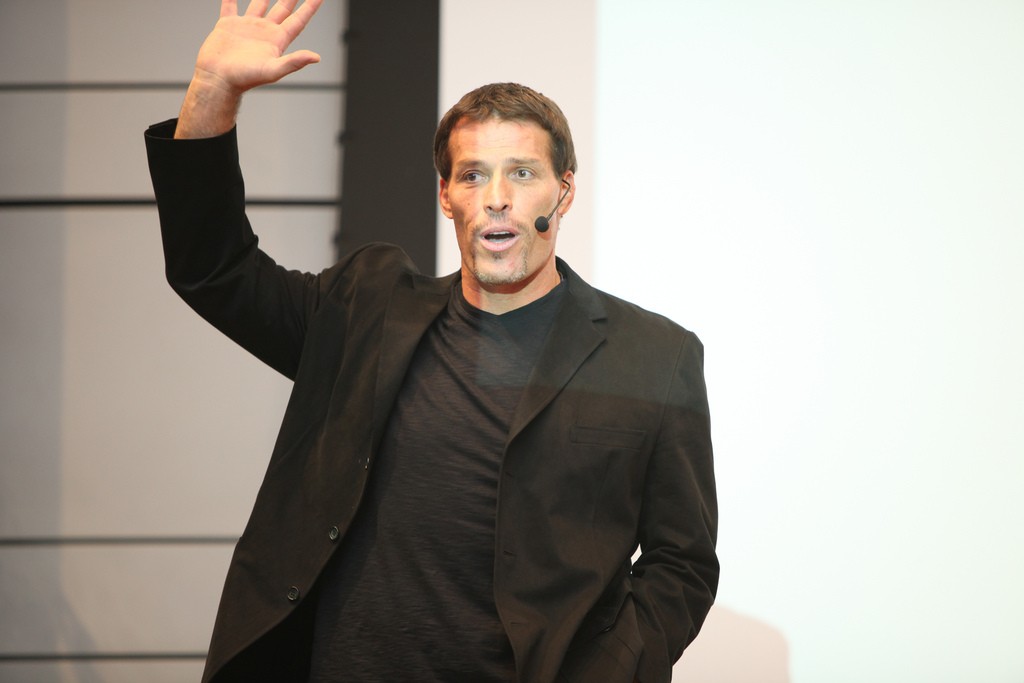Why Mastery is Overrated (Do this instead)

Ask any successful person for career advice and I bet they tell you something like, ‘Pick one thing you’re good at and master it.’ ‘Become the go-to expert in your field and keep practicing that one thing.’
No doubt, that’s good advice. But today I’ll give you one better.
In November 2008, Malcolm Gladwell published his third non-fiction book Outliers. It was also the year I turned 18.
For my 18th birthday, my parents bought me Outliers.
For most of my generation, Outliers was our first introduction to the idea of mastery.
No one cared that Anders Ericsson was really the guy who discovered the 10,000-hour rule. Everyone just thought the 10,000-hour rule was something cool, and they wanted to share it.
Around 2012, the buzz started to wear off. Papers published of people claiming the 10,000-hour rule was a myth. Then, in 2014, several reputable sources confirmed that, yes, the 10,000-rule was wrong.
Between 2012 and 2014, Josh Kaufman published a book called, The First 20 Hours. In Kaufman’s book, he explains how anyone can master a new skill within 20 hours or less.
“Want to learn a language, want to learn how to draw, want to… learn how to juggle flaming chainsaws?
“If you put 20 hours of focused, deliberate practice into that thing, you will be astounded — astounded at how good you are,” says Kaufman in his 19-minute TED Talk.
Why am I telling you this?
Everyone gets hung up on mastery. The truth is, mastery is overrated. Whether you can achieve mastery in 10,000 hours or 20, is not as important as what comes before mastery.
I really only learned this by accident. I clicked on a Business Insider video of Tony Robbins giving career advice to millennials.
TONY ROBBINS: What you need to do in your 20s to be more successful in your 30s
In the video, Robbins says this:
“If you’re a dabbler in your twenties, your thirties will be very painful.
“Choose a skill to master.”
Most people watching the video, myself included, will stop paying attention after hearing this. But if you do, you miss the most important point — which I only discovered after re-watching the clip.
Robbins follows his first two statements up with this:
I always tell people: if you want to succeed, find some type of person, a client, a customer, a type of person that you want to serve. Somebody that you can fall in love with. Not fall in love with your product or service. Fall in love with them. And then develop the skills to meet all their needs. To go beyond what they can imagine.
Did you catch that? If not, read it again. Because it’s the kind of advice you don’t get very often.
From an early age, Tony Robbins figured out who he wanted to serve. Since then, he’s had a very successful career, and along the way mastered several different skills that have helped him help other people.
Earlier this month, on April 2nd, The Desert Sun newspaper of Palm Springs, California published a story with this headline, “100 AND EVICTED.” The story was about a 100-year-old woman who was being evicted from her home because she couldn’t pay her rent.
Tony Robbins saw the story and cut a deal with the woman that pays her $1,000 a month for the next 2 years. When asked by reporters why he did it, Robbins said this, “I wanted her to not have to worry forever. At this stage in her life, it’s a joy for me to give her that sense of stability and security.”
Block off time today to think about who you are serving. Once you’ve done this, then worry about mastering the skills you need to properly serve your customers.
Nick Papple
Managing Editor
The Daily Brief